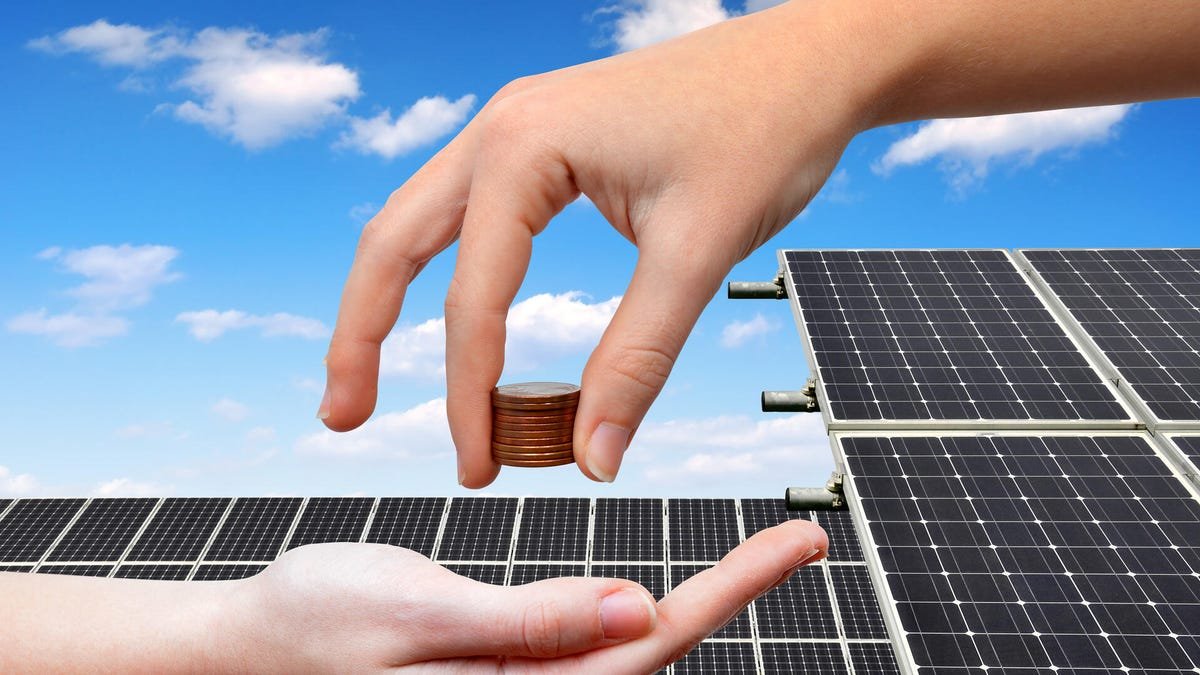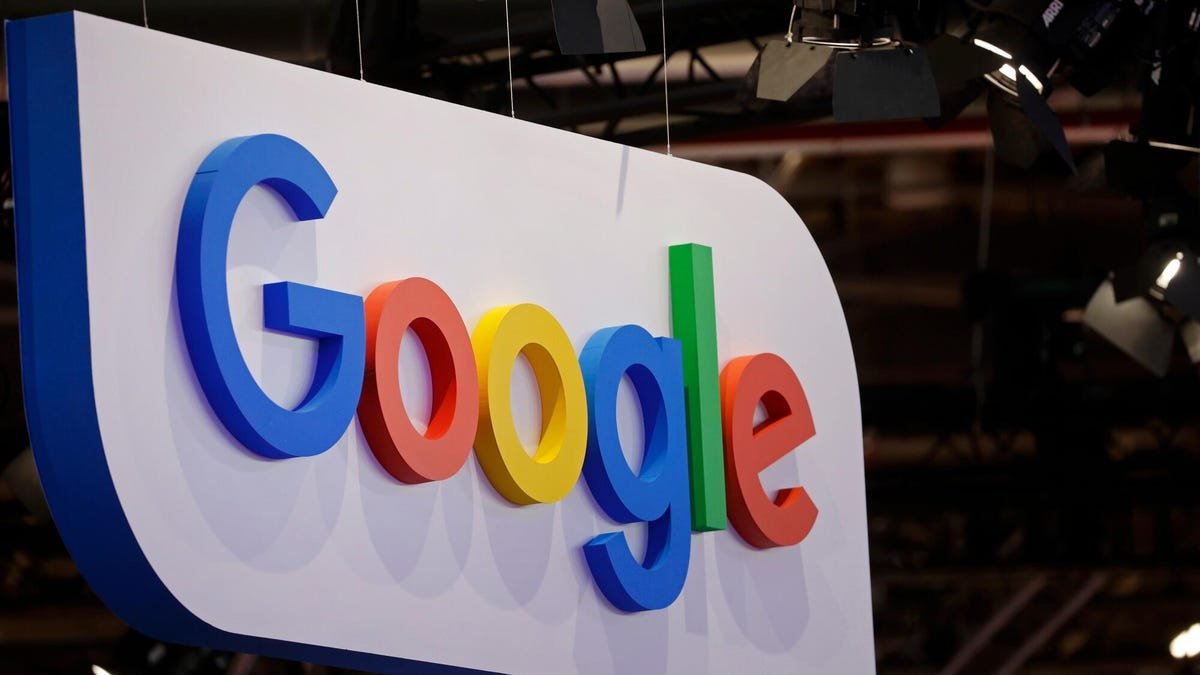
Americans Can Save Thousands on Solar Panels. If Only They Knew It
[ad_1]
Despite its name, the Inflation Reduction Act isn’t just about taming rising prices. Signed by President Joe Biden in August 2022, the historic package is also the most significant piece of climate legislation in US history, providing nearly $369 billion in tax credits and other incentives for Americans who invest in renewables and energy-efficient home improvements over the next decade.
But, according to a new report, most Americans don’t know about these lucrative offerings and still think installing solar panels is out of their reach.
Read on: How the Inflation Reduction Act Will Fight Climate Change
Can solar panels save you money?
Interested in understanding the impact solar can have on your home? Enter some basic information below, and we’ll instantly provide a free estimate of your energy savings.
In a survey sponsored by SunPower, a leading US solar installer, a quarter of respondents said they’d never heard of the law.
Of those who had, more than half (51%) didn’t know it included energy-related tax breaks.
Can solar panels save you money?
Interested in understanding the impact solar can have on your home? Enter some basic information below, and we’ll instantly provide a free estimate of your energy savings.
One of the biggest environmental wins in the landmark legislation was the extension of the federal solar tax credit, which allows taxpayers to deduct a chunk of the cost of installing solar panels.
It was slated to expire in 2024, but thanks to the IRA, not only has the credit been extended for a decade, it’s also increased from 26% to 30% through 2032.
The White House says, thanks to the expanded credit, 7.5 million more families will be able to install rooftop solar panels.
The good news is that most people understand the financial benefits of solar, said Suzanne Leta, SunPower’s head of policy and strategy. Some 78% of those surveyed believed it would trim their monthly electricity bill.
“The uphill challenge will be showing these Americans that they can access those benefits, regardless of their income level,” Leta said in a statement.
Many Americans think solar power is “only for the wealthy,” she added, or that lower- to moderate-income Americans don’t qualify for tax breaks from renewables.
In the SunPower survey, 39% of respondents didn’t think they were eligible.
Women, younger Americans and lower- to middle-income earners in particular were less familiar with the IRA’s energy-reducing incentives, according to the survey data.
Previous polling has found 70% of Gen Zers (those born between 1997 to 2012) say they’d go over budget for a house with solar panels or other green upgrades. But only a third of the Gen Zers in SunPower’s study even knew about the Inflation Reduction Act.
That’s bad, especially since the incentives won’t be around forever.
“The most urgent action is to ramp up our education efforts,” Leta said. “It’s critical that we tackle misconceptions while driving home that the IRA benefits can apply to all Americans.”
Curious about saving on solar? Discover all the energy-efficient rebates and tax credits in the Inflation Reduction Act, get the download on state-level incentives and calculate how long it will take for your solar setup to pay for itself.
[ad_2]
Source link


